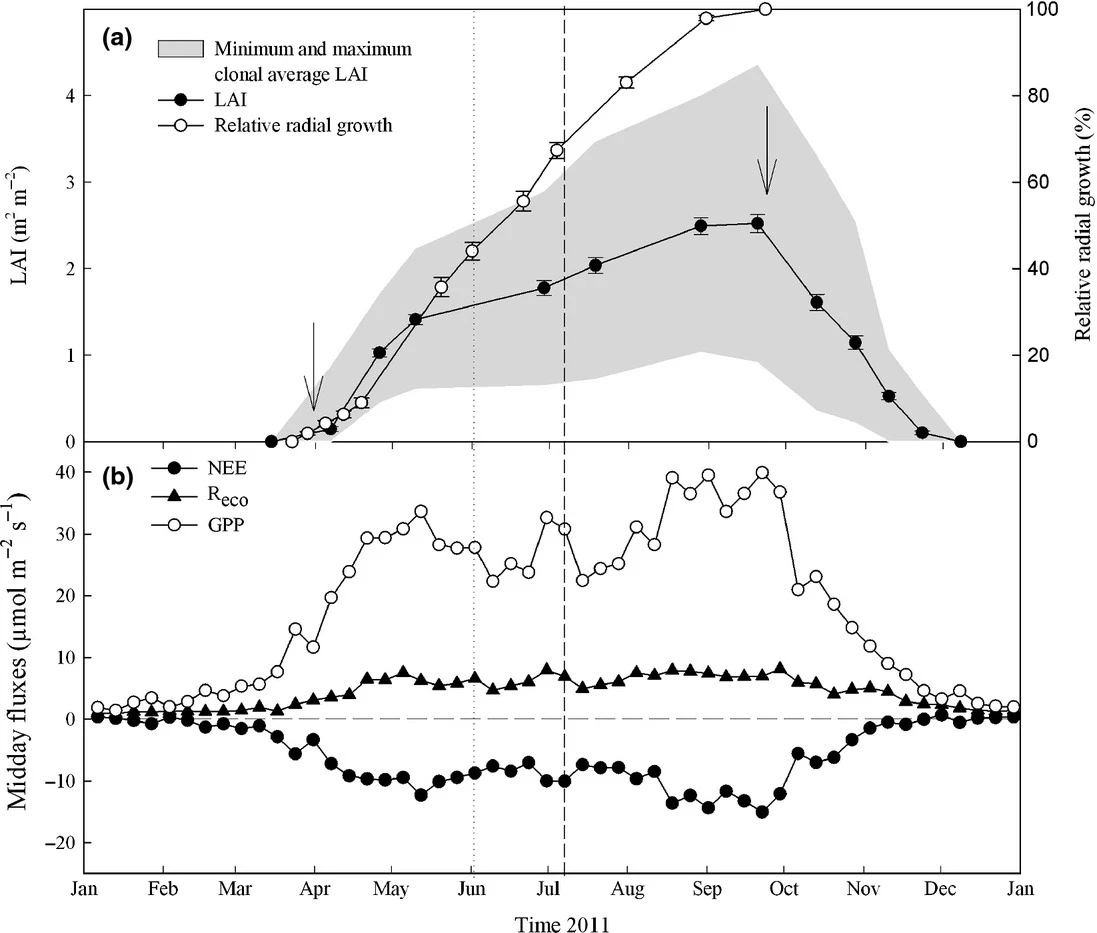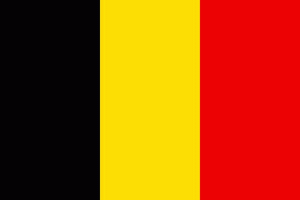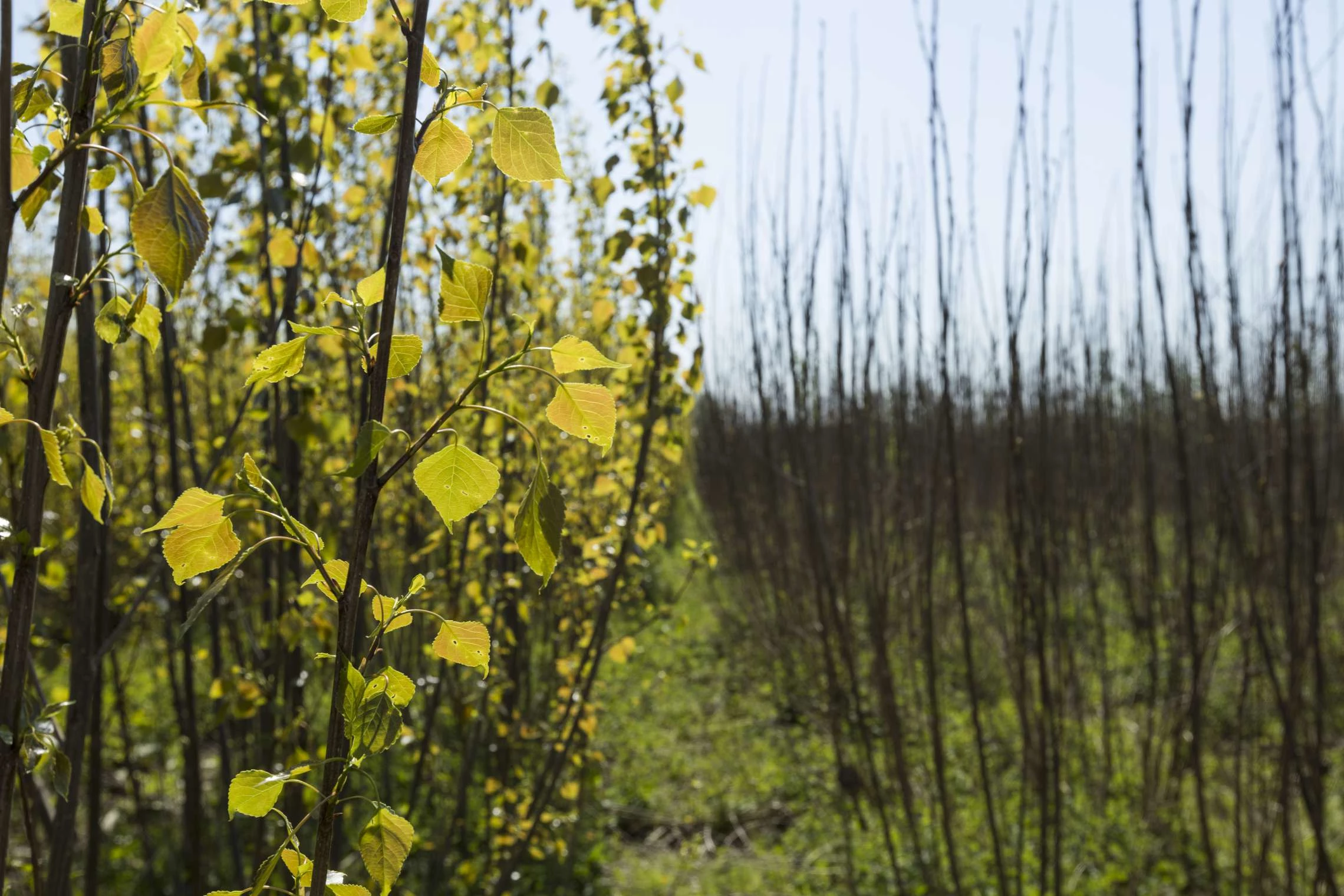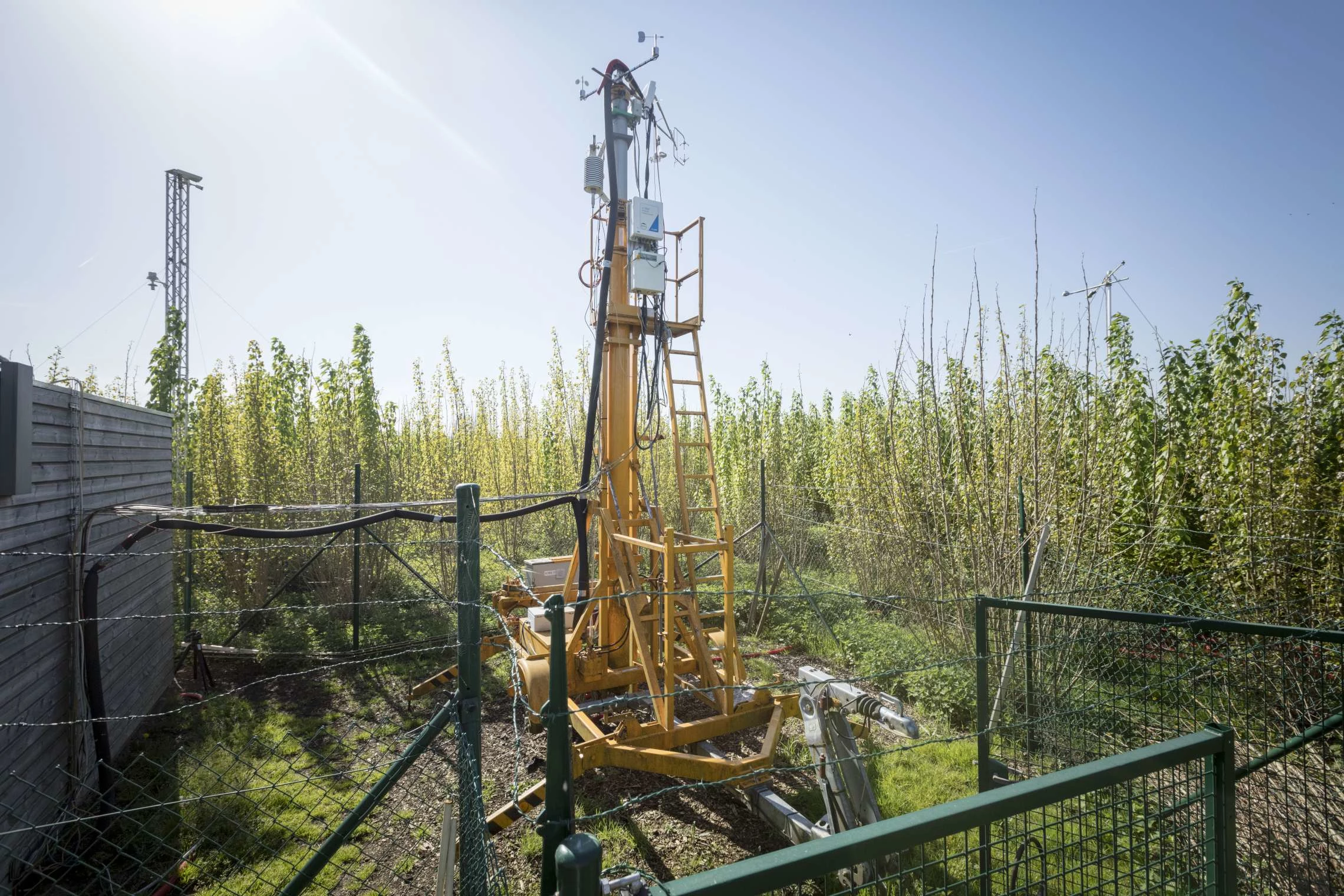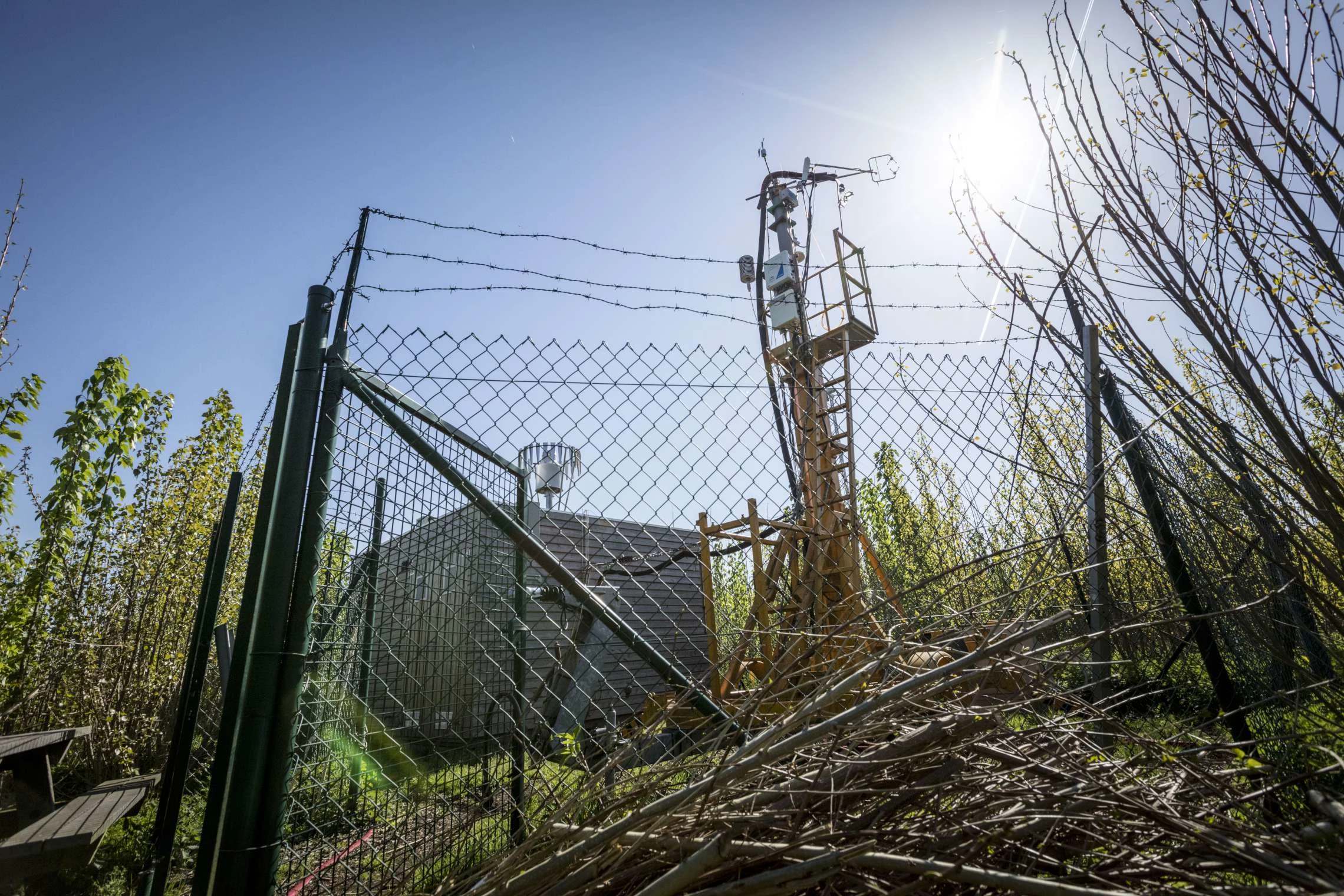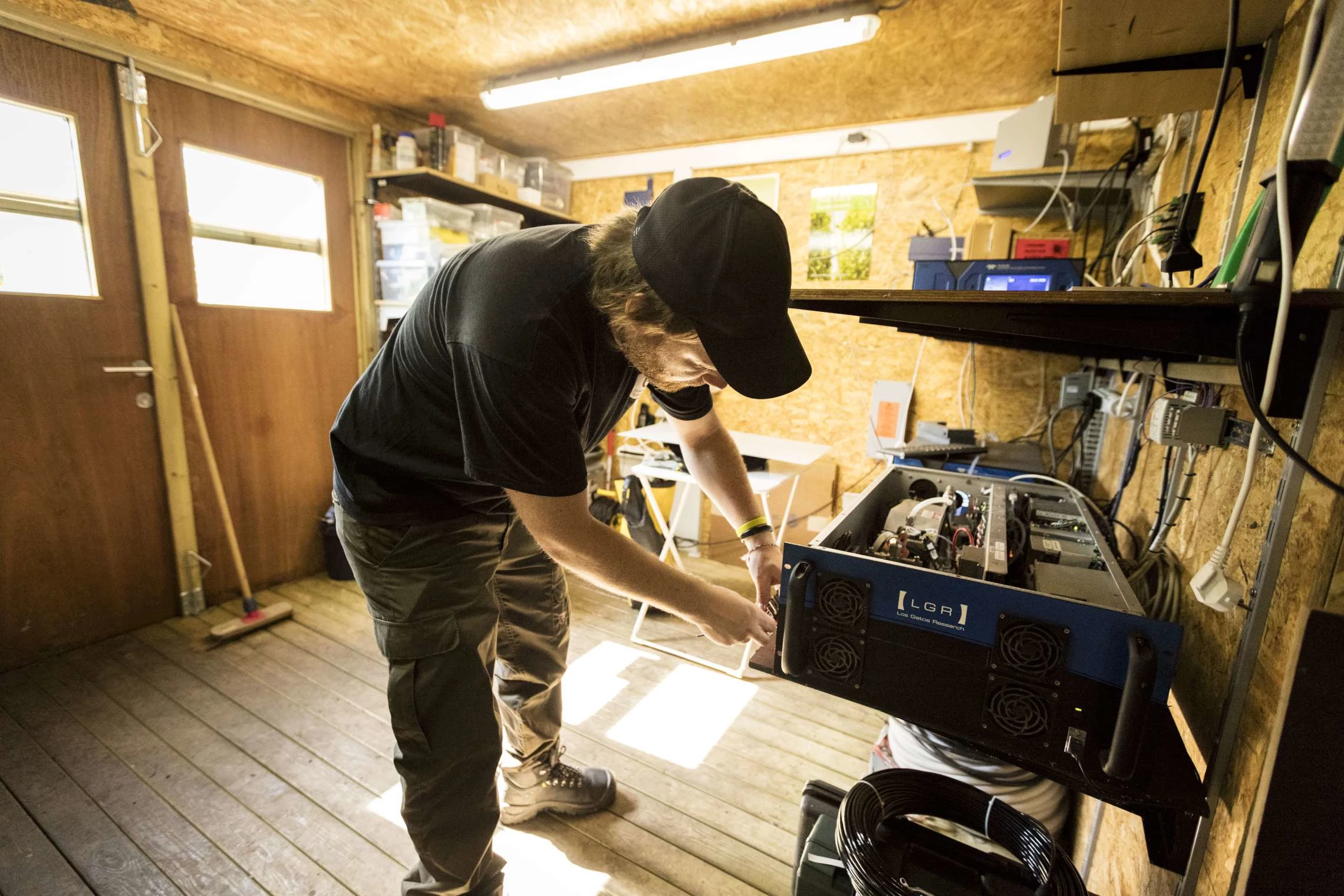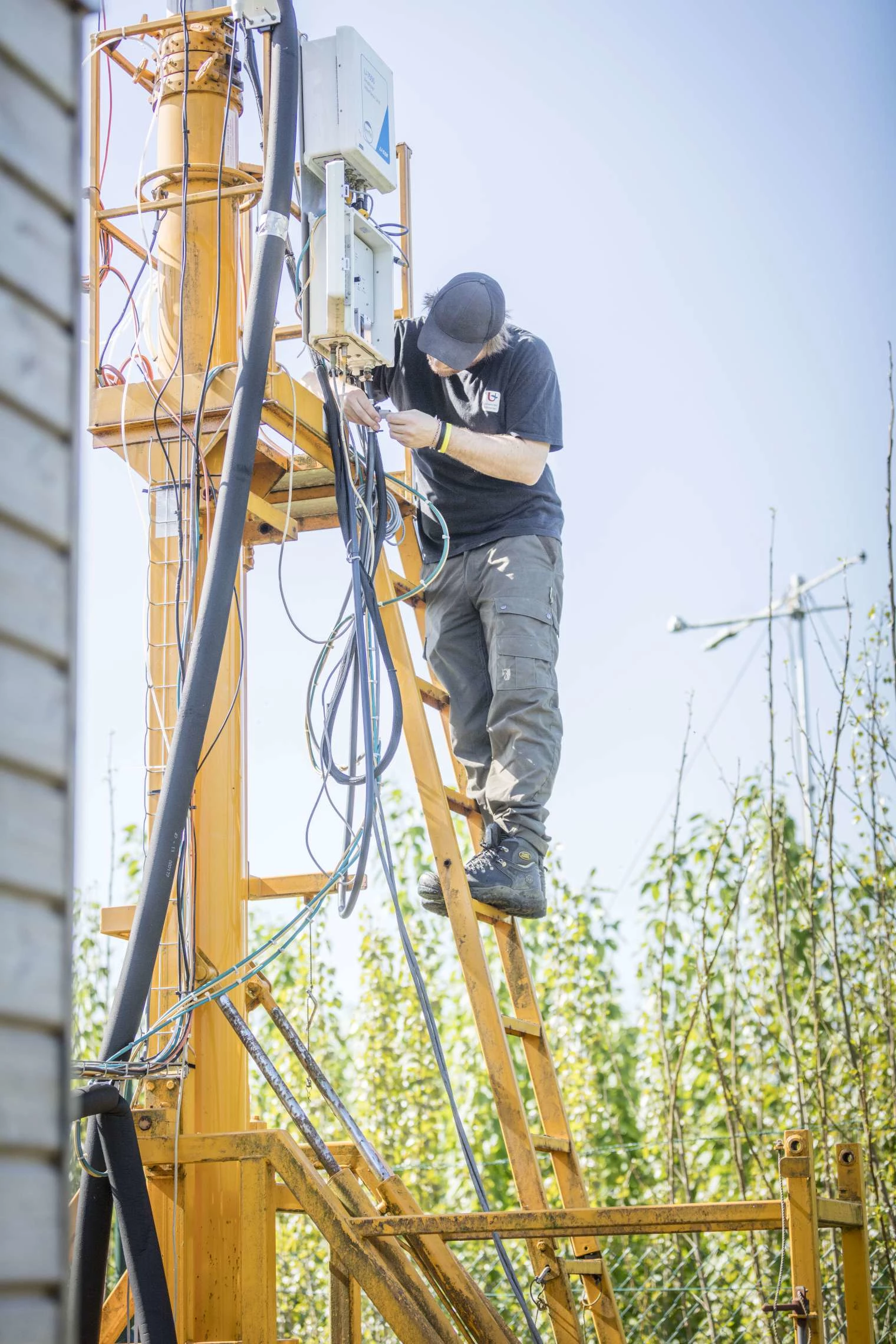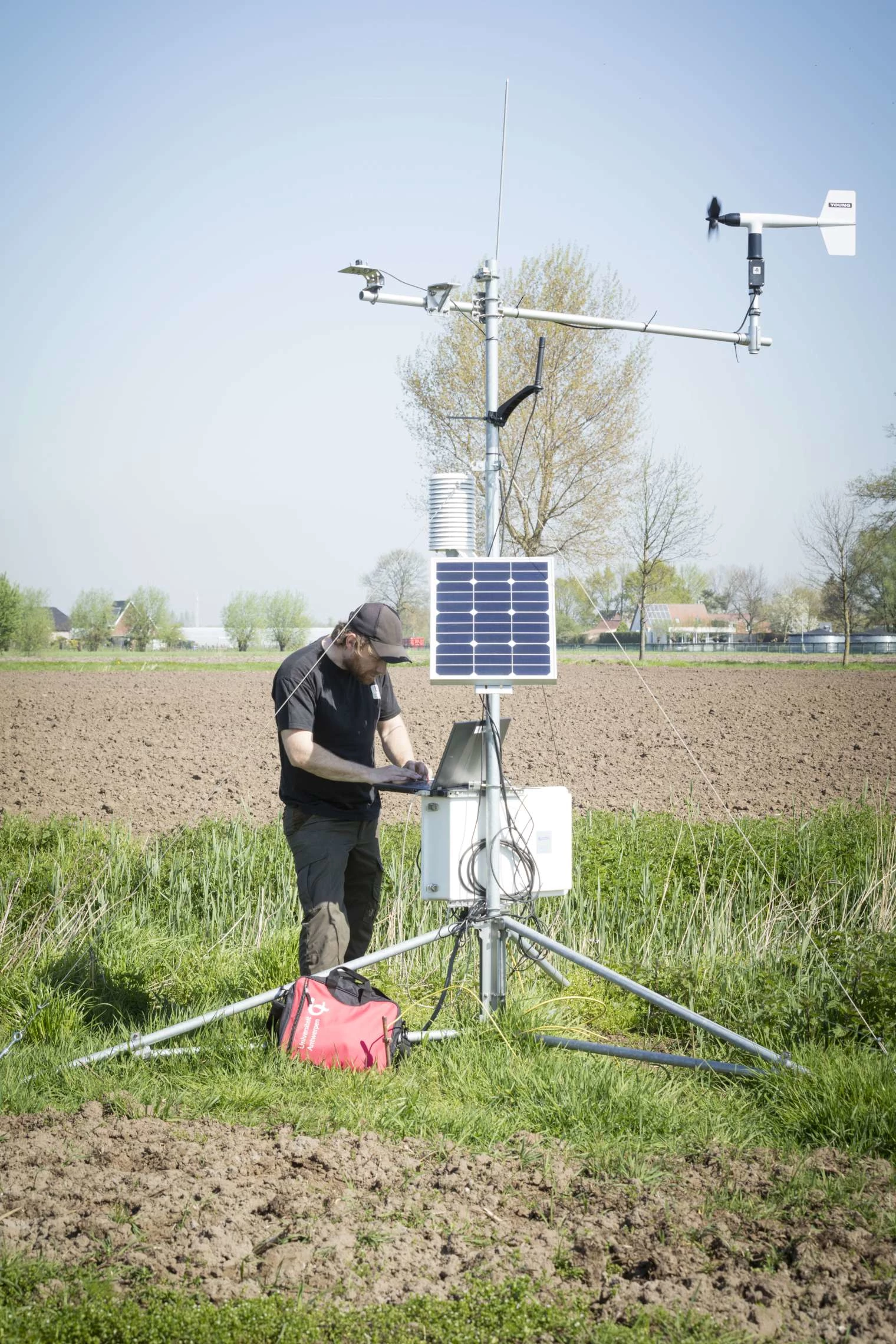Lochristi (Non-Active)
The ecosystem station in Lochristi was located about 11 km from the city of Ghent. Flux measurements were conducted in a short-rotation coppice bio-energy plantation of poplar (Populus spp.) and willow (Salix spp.). The plantation had a total area of 11 ha and a tree density of 8000 trees ha-1.
From 2010 to 2014 the station was operated by the POPFULL research project after which ICOS Belgium took over operations of the flux measurements. The main objective of POPFULL site was to make a full system analysis of a bio-energy plantation of poplar and willow trees. The ICOS site in Lochristi was unique as it was the only bio-rotation flux site in the world. The site was closed in 2023 when the bio-energy plantation was halted and the land was used for traditional crop lands.
Former station PI: Tim De Meulder (Tim.Demeulder@uantwerpen.be)Full dataset: Lochristi (icos-cp.eu)
Station facts
- ICOS associated station BE-Lcr
- Located in poplar and willow plantation for bio-energy, planted in 2010
- Short-rotation coppice: above ground biomass was harvested every 2 years
- Coordinates: 51°06'43.9"N 3°51'01.6"E
- Flux and meteorological data since 2010
- 3-15 m telescopic mast, changes with canopy height
- Former ERC project "POPFULL" and in collaboration with Groep Mouton
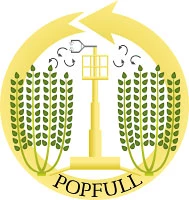
Selection of results
Broeckx et al. (2021) determined the seasonal variation in carbon fluxes as well as productivity of tree components of the overall populus bio-energy plantation for the year 2011. As a result of the dry spring in 2011 leaf growth decreased in May and June also causing a decrease in NEE and GPP. In sharp contrast, stem growth remained unaffected by the spring drought.
